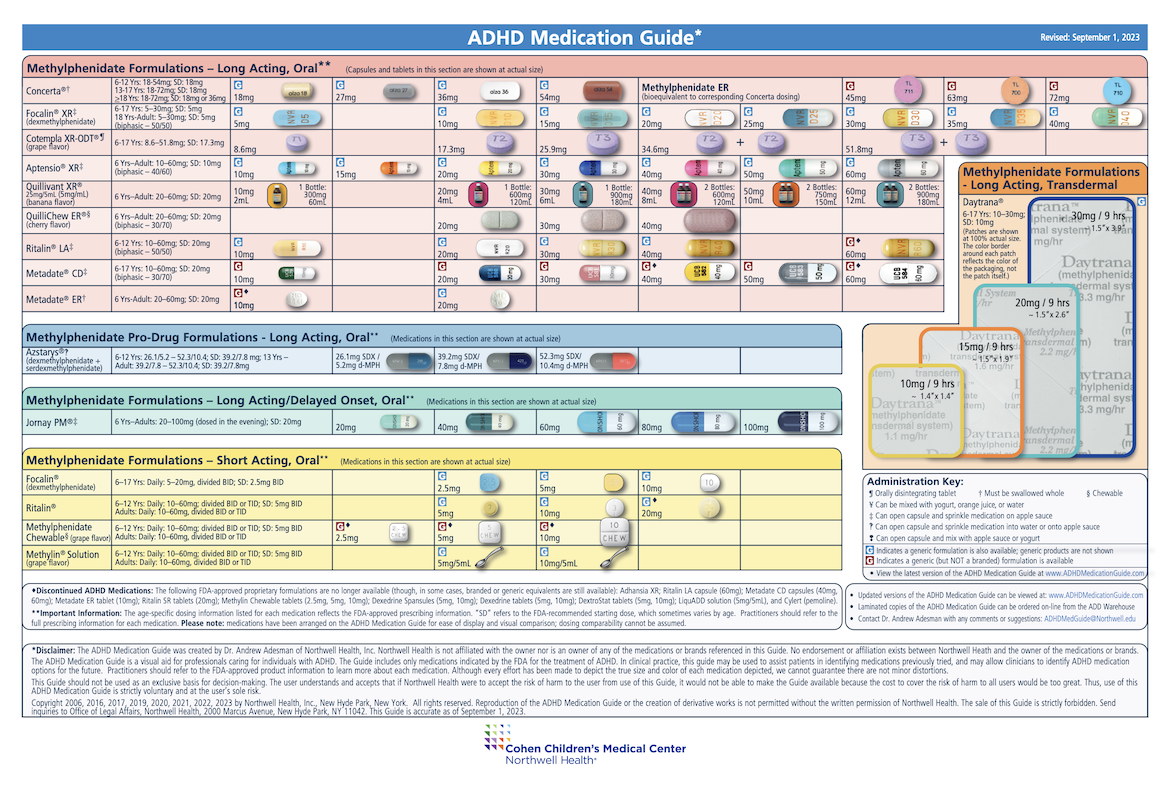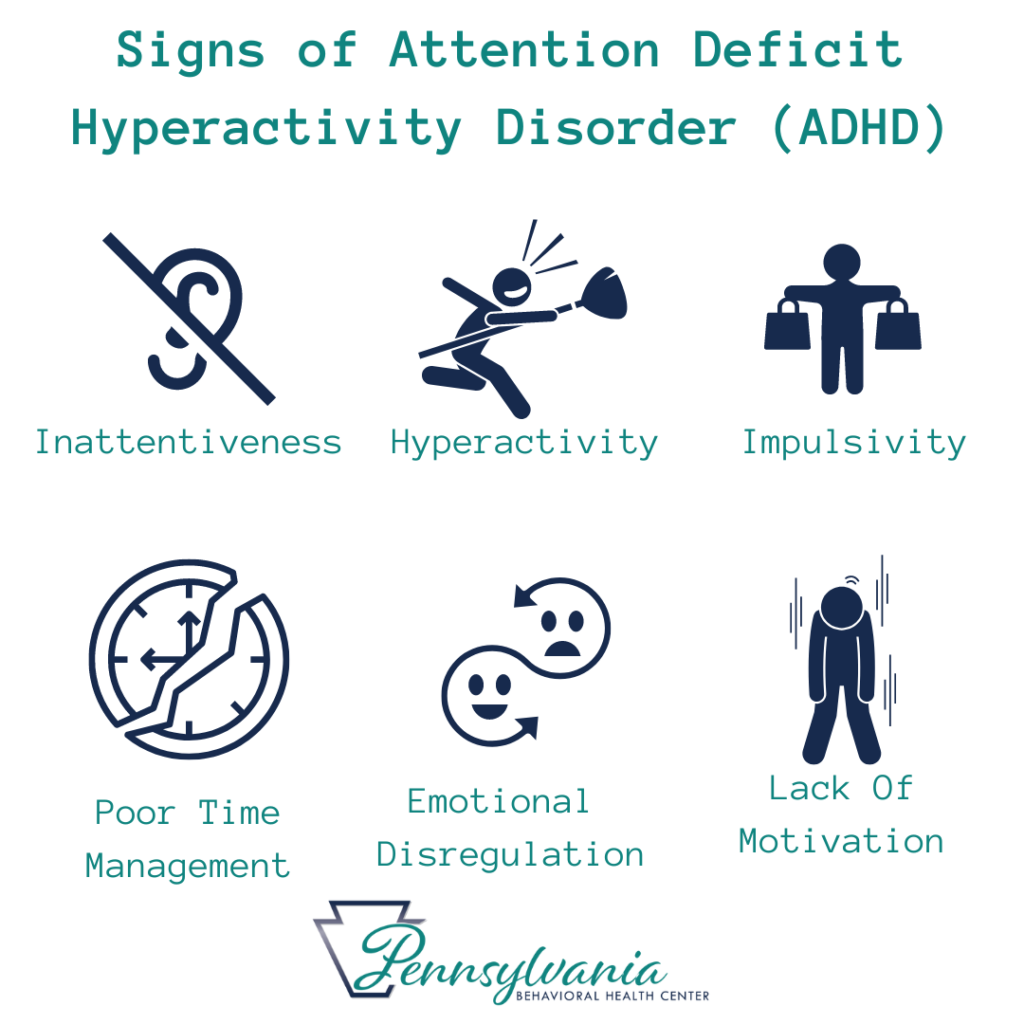Behavioral Health Services Available for Your Overall Wellness
Checking Out Effective ADHD Therapy Options for All Ages
The complexities of Focus Deficit Hyperactivity Disorder (ADHD) present unique challenges throughout various age groups, demanding a comprehensive exploration of efficient therapy choices. A mix of behavior therapies, pharmacological interventions, and way of living modifications has revealed promise in resolving the diverse demands of individuals with ADHD.
Comprehending ADHD and Its Impact
Attention-Deficit/Hyperactivity Problem (ADHD) is a neurodevelopmental problem defined by persistent patterns of negligence, hyperactivity, and impulsivity that can dramatically impact different facets of a person's life. It usually shows up in youth, although symptoms can continue right into the adult years. The core symptoms of ADHD can interrupt academic efficiency, prevent social interactions, and complicate work ventures.
Individuals with ADHD often fight with keeping emphasis on jobs, arranging tasks, and following up on guidelines, which can cause scholastic underachievement (Depression Treatment). In social contexts, impulsivity might cause troubles in creating and sustaining partnerships, as people may disrupt discussions or make rash decisions without taking into consideration repercussions
The variability in sign discussion means that ADHD can influence people differently, demanding a customized strategy to monitoring. Comprehensive understanding of ADHD's nature and ramifications lays the groundwork for discovering ideal treatment alternatives tailored to each person's needs.
Behavioral Therapies for ADHD
Various behavioral treatments have been developed to efficiently address the challenges connected with ADHD, concentrating on modifying certain actions and promoting essential skills. Amongst the most recognized methods are cognitive-behavioral therapy (CBT), moms and dad training, and social abilities training.
CBT helps people recognize and change adverse idea patterns and actions, promoting a more positive outlook and enhanced self-regulation. This therapy often includes useful approaches for handling impulsivity and enhancing company. Moms and dad training programs equip caregivers by furnishing them with techniques to reinforce positive habits and set regular borders, which can be especially useful for youngsters with ADHD.
Social abilities training is another important component, training people with ADHD just how to interact efficiently with peers - Depression Treatment. This approach often entails role-playing and feedback to boost interaction, collaboration, and conflict resolution abilities
Including these behavior modifications into a comprehensive treatment strategy can substantially enhance operating and lifestyle for people with ADHD. Ultimately, the effectiveness of these therapies relies on customized techniques that consider the unique needs of each person, thereby promoting resilience and flexibility in every day life.
Drug Options Available
For many individuals with ADHD, drug can play a significant function in managing signs and symptoms and improving total functioning. Both key groups of drugs prescribed for ADHD are energizers and non-stimulants.
Stimulants, such as methylphenidate and amphetamine-based drugs, are the most generally used therapies. These medicines function by raising the degrees of neurotransmitters, specifically dopamine and norepinephrine, in the brain, which helps enhance attention and lower impulsivity and attention deficit disorder. They often yield rapid results, making them a favored choice for lots of people.

It is necessary for doctor to conduct a detailed analysis to figure out one of the most suitable medication based upon individual demands, medical history, and potential adverse effects. Normal follow-up and monitoring are likewise crucial to guarantee the effectiveness of the selected treatment and to make any type of essential modifications.
Way Of Living Modifications to Think About
Taking care of ADHD properly expands past drug, as lifestyle adjustments can dramatically enhance total well-being and symptom control. Integrating organized regimens is vital; consistent timetables help people with ADHD manage their time properly and lower feelings of bewilder.
Normal exercise is one more important part. Exercise not just helps to improve focus however likewise improves state of mind and lowers stress degrees. Activities such as yoga exercise or team sporting activities can be specifically useful, promoting both physical conditioning and social interaction.
Nutrition also plays a critical duty. Depression Treatment. A well balanced diet regimen rich in omega-3 fatty acids, whole grains, and lean healthy proteins can check out this site add to enhanced focus and cognitive function. Restricting sugar and processed foods is suggested, as these can exacerbate hyperactivity and impulsivity
Sleep health is necessary for managing ADHD signs and symptoms. Establishing a normal rest routine and developing a peaceful atmosphere can enhance rest quality, leading to much better interest and emotional policy.
Different and Holistic Techniques
Alternative and alternative techniques to ADHD therapy supply a varied range of options that complement More about the author conventional techniques. These methods frequently concentrate on way of life adjustments, nutritional interventions, and restorative methods that intend to improve general wellness while resolving ADHD signs and symptoms.

Mindfulness and behavior modifications are likewise getting traction as holistic interventions. Practices such as yoga exercise, meditation, and cognitive-behavioral treatment can cultivate self-regulation and boost attention. These techniques sustain emotional durability, which is particularly valuable for people with ADHD.
Organic supplements, such as ginkgo biloba and ginseng, are sometimes explored; however, it is essential to seek advice from medical care specialists prior to including these right into treatment plans. While alternative and holistic methods can offer important support, they should ideally be used in conjunction with evidence-based therapies to attain optimum outcomes for taking care of ADHD across all ages.
Conclusion
In recap, effective ADHD therapy demands a detailed approach that includes behavior therapies, medicine, way of living modifications, and all natural visit here techniques. This complex technique underscores the relevance of personalized treatment in addressing the varied demands of individuals with ADHD throughout all age groups.